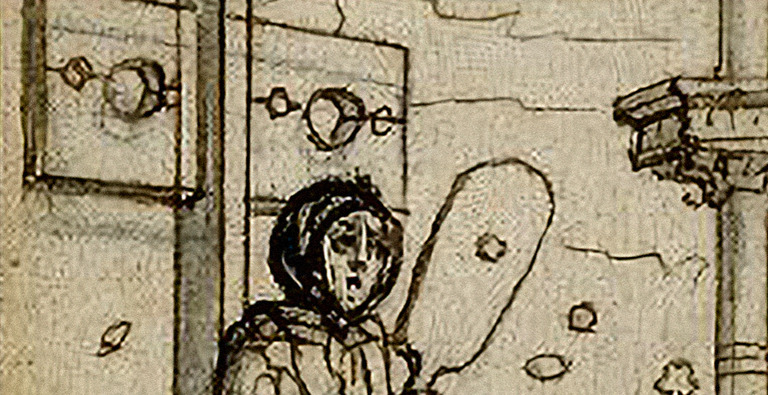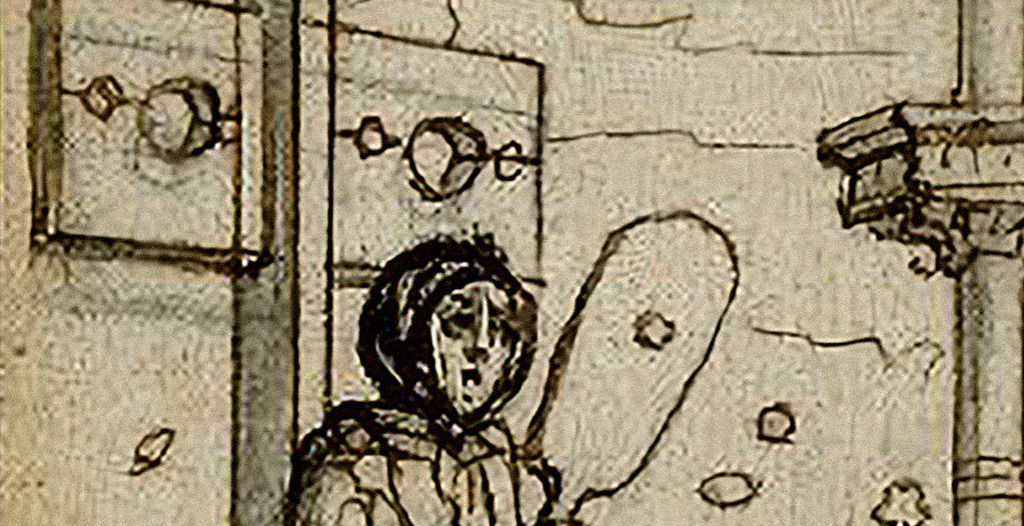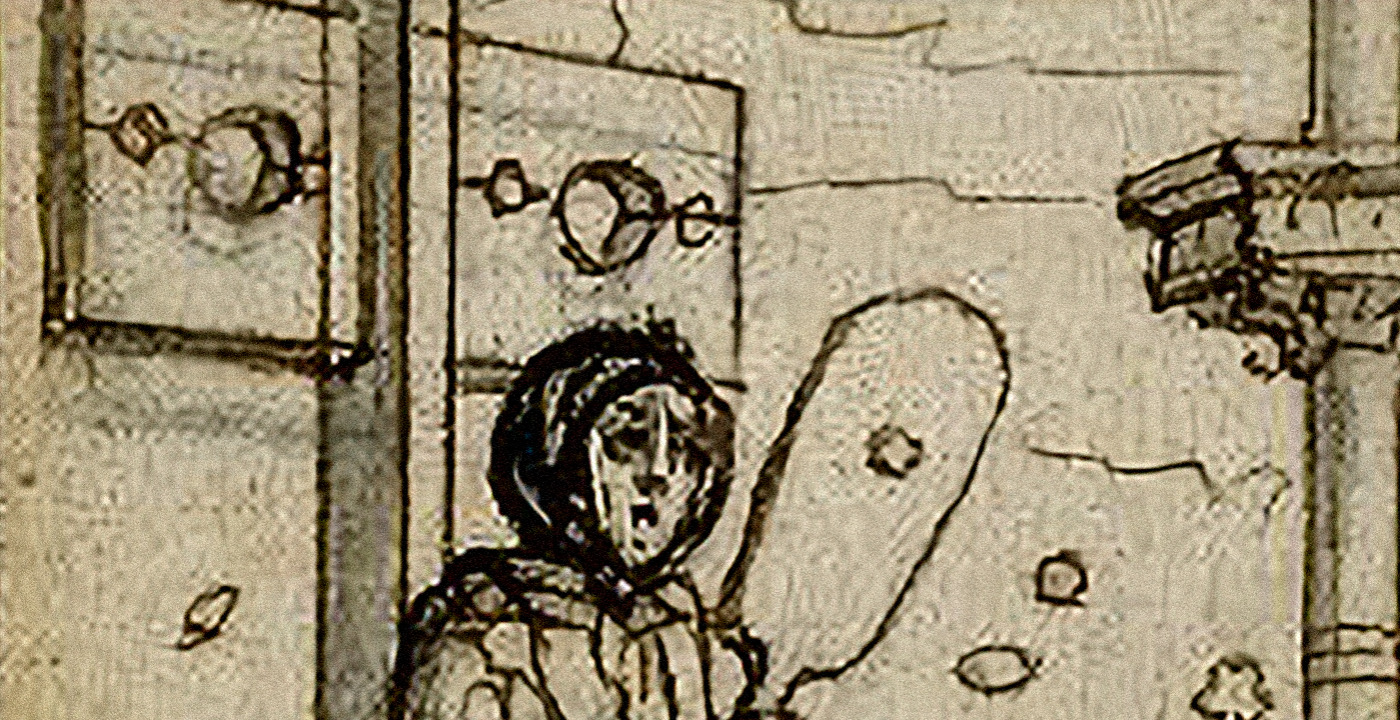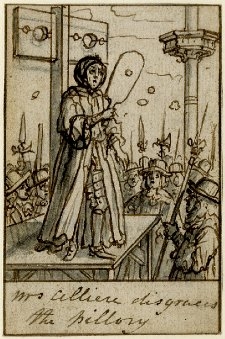Birth
1668
Death
Unknown
Religion
Converted to CatholicismElizabeth Cellier dedicated herself to defending and aiding Catholics during a time when it was illegal to openly practice. She was known as a midwife and printer of scandalous texts. Cellier published on the conditions of Newgate Prison and the suffering of Catholic prisoners. Due to her printing practices, she was eventually imprisoned, fined, and forced to stand at the pillory to watch copies of her work being burned. Her image was often tarnished with people portraying her as prone to drunkenness, sorcery, and loose sexual morals. Cellier was at one point charged with high treason and arrested for her involvement in the meal-tub plot of 1678, of which she was ultimately found not guilty.
Personal Information
Name(s)
Elizabeth Cellier
Date and place of birth
1668, London, England
Death and place of death
Date unknown, London (?)
Family
Unknown
Marriage and Family Life
Her husband was Peter Cellier, a French merchant. Being married to a Catholic merchant gave her access to an exchange network that was used to move goods and circulate information, news and texts.
Education
Trained as a midwife
Religion
Converted to Catholicism
Transformation(s)
Cellier’s desire to print controversial works might have been inspired by her newfound religion. She used the press to speak out about Catholic prejudice at a time when overt practice of Catholicism in England was officially illegal.
Contemporaneous Network(s)
Sir William Waller, a member of parliament, said of Cellier, “You are a dangerous Woman, and keep correspondence with Traytors.” Indeed, Cellier herself indicated her participation in such a network spanning England and the continent when she described how she circulated copies of a Catholic text, Danby Reflections, to friends and acquaintances residing in England, France, and Flanders. Cellier used the press in a religious and political battle, and was imprisoned for exactly that: “writing, printing and publishing a scandalous libel.”
less
Significance
Works/Agency
Cellier published the horrific conditions of Newgate Prison and the suffering of Catholic prisoners. In 1687 she proposed a college for midwives in which the membership fees would fund a foundling hospital in hopes to reduce rates of mortality in childbirth and caring for unwanted babies.
Contemporaneous Identifications
Known as a midwife, and printer of scandalous, anti-Sovereign texts, Cellier was portrayed as prone to drunkenness, sorcery and loose sexual morals. Such imagery helped discredit her criticisms of politics, her aid to imprisoned Catholics, and the terrible conditions in the prison system.
Reputation
She was charged with high treason and arrested for her involvement in the Meal-tub Plot of 1678. Her trial was on June 11, 1680, but she was not found guilty. The Popish plot was another anti-Catholic term applied to Cellier’s treasonous allegiance to the pope rather than the English king.
Legacy and Influence
Imprisoned for her influence in the trade of printing. After her trial she printed the ex-Protestant Malice Defeated in 1680, which led to her second prosecution of libel against the king, Charles II. She was sentenced to pay a fine of £1,000 and to stand in the pillory at different locations for days. At each location, copies of her defamatory narrative were burned.
less
Controversies
Controversy
Charged with high treason and arrested for her involvement in the Meal-tub Plot of 1678. Her trial was on June 11, 1680, but she was not found guilty. The Popish plot was another anti-Catholic term applied to Cellier’s treasonous allegiance to the Pope rather than the English King.
New and unfolding information and/or interpretations
Mrs. Cellier is an important character in Alison Macleod’s historical novel The Portingale, a biography of Queen Catherine of Braganza. Additionally, Cellier is included in Judy Chicago’s The Dinner Party.
less
Bibliography
Primary (selected)
Amert, Kay. Book History [vol.] 8, (Baltimore: The Johns Hopkins University Press, 2005).
Bell, Maureen. “Women Publishers of Puritan Litera- ture in the mid-seventeenth century: three case studies,” A Doctoral Thesis, Loughborough University, 1987.
Cellier, Elizabeth, “The tryal and sentence of Elizabeth Cellier for writing, printing and publishing a scandalous libel called, Malice defeated &c., at the sessions in the Old-Bailey, held Saturday the 11th and Monday the 13th of Sept., 1680 whereunto is added several depositions made before the Right Honorable the Lord Mayor.” Ann Arbor: University of Michigan Digital Collections,
Febvre, Lucien and Martin, Henri-Jean. The Coming of the Book: The Impact of Printing 1450-1800, trans. David Gerard. London and New York: Verso, 1997.
Forman Cody, Lisa. Writings on Medicine: Printed Writings 1641–1700, Series II, Part One, [vol.] 4, New York: Routledge, 2017.
Fors, Lynne. University of Illinois at Urbana Champaign, University Library, “Chez La Veuve: Women Printers in Great Britain 1475–1700.” An exhibition at the University of Illinois Library Rare Book and Special Collections Library, August–November 1998,
Fuderer, Linda Sue. Eighteenth-Century British Women in Print: Catalogue of An Exhibit Notre Dame, IN: University of Notre Dame, (1995).
McClain, Lisa. Neither Single nor Alone: Elizabeth Cellier, Catholic Community, and Transformations of Catholic Women’s Piety, Boise State University, 2012.
Plomer, Henry, R. A Dictionary of the Booksellers and Printers who Were at Work in England, Scotland and Ireland from 1641 to 1667. London: The Bibliographical Society, Blades, East & Blades, 1907.
Plomer, Henry, R. A Short History of English Printing 1476–1898, London: Kegan Paul, Trench, Trübnerand Company, Limited, 1900,
Raven, James. The Business of Books: Booksellers and the English Book Trade 1450–1850 New Haven: Yale University Press, 2007.
Savage, Mollie. “With Ink in Their Veins: Women in the Book Trade,” A Bookman Weekly, [vol.] 101, March 2, 1998.
Smith, Helen. Grossly Material Things: Women and Book Production in Early Modern England, Oxford: Oxford University Press, 2012.
Smith, Helen. “Print[ing] Your Royal Father Off”: Early Modern Female Stationers and the Gendering of the British Book Trades. Bloomington: Indiana University Press Text, [vol.] 15, 2003, 163–186.
Suzuki, Mihoko. Elizabeth Cellier: Printed Writings 1641–1700, Series II, Part Three, [vol.] 5, London: Routledge, 2006.
Walker, J. “The Censorship of the Press During the Reign of Charles II”, History, [vol.] 35, no. 125, October, 1950, 219–238.
Web resources (selected)
http://www.library.illinois.edu/rbx/exhibitions/chez_exhibit/rabble.html
https://jamesgray2.me/2018/03/27/popish-midwife-elizabeth-cellier-english-catholic-midwife-1680/
https://pdfs.semanticscholar.org/6f88/b84f26be9eb998b7b1d14f3d6afb302488c5.pdf
https://books.google.com/books?id=kO1ADgAAQBAJ&pg=PT11&lpg=PT11&dq=Peter+Cellier+catholic&source=bl&ots=NwQLBMaKYA&sig=xP7r01tVava7BNN2aG69lLGHhcA&hl=en&sa=X&ved=0ahUKEwjJl_LdxtDaAhWBm-AKHbK7C8sQ6AEIRzAD#v=onepage&q=Peter%20Cellier%20catholic&f=false
https://books.google.com/books?id=z5CKAgAAQBAJ&pg=PA115&lpg=PA115&dq=Peter+Cellier+catholic&source=bl&ots=WNXZ6LKKSN&sig=33QoJBa-TUhT1iu_46m_Vun_bIM&hl=en&sa=X&ved=0ahUKEwjJl_LdxtDaAhWBm-AKHbK7C8sQ6AEITzAG#v=onepage&q=Peter%20Cellier%20catholic&f=false
http://www.britishmuseum.org/research/collection_online/collection_object_details/collection_image_gallery.aspx?assetId=333653001&objectId=3057066&partId=1
https://quod.lib.umich.edu/e/eebo/A63166.0001.001?view=toc




Comment
Your message was sent successfully